
The Leader of the Future 2
Visions, Strategies, and Practices for the New Era
Recommendation
In a 1964 obscenity court case, then U.S. Supreme Court Justice Potter Stewart wrote that pornography was difficult to define, but noted, "I know it when I see it." The same might be said of leadership. Since 1990, the Leader to Leader Institute (formerly the Peter F. Drucker Foundation for Nonprofit Management) has dedicated itself to examining, defining and elevating the art of leadership through books, educational materials and its respected journal, Leader to Leader. This book is a sequel to the Institute's The Leader of the Future, an international bestseller published in 28 different languages. This follow-up volume features 27 essays on being a leader in today's complex, challenging world. getAbstract confidently recommends this leadership treatise, which presents the informed thoughts, insights and opinions of respected experts from academia, the media, business, the military, the nonprofit sector and numerous other venues. Thanks to such contributors as Stephen Covey, Howard Gardner, Rosabeth Moss Kanter, Jim Kouzes and Barry Posner, this collection of essays clearly addresses the challenges of modern leadership.
Summary
About the Authors
Frances Hesselbein and Marshall Goldsmith, the author and co-editor of numerous management books, edited this collection. Hesselbein heads the Leader to Leader Institute, an organization that develops books on leadership.











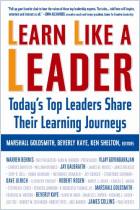
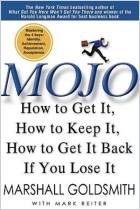
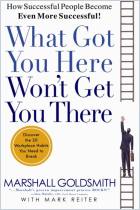
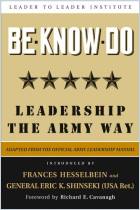
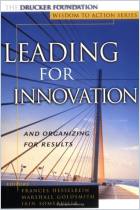
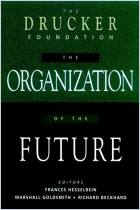
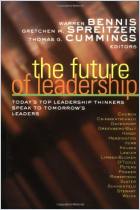
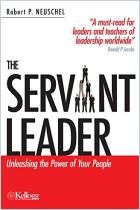
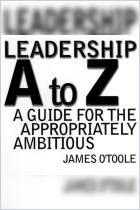

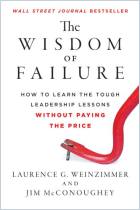
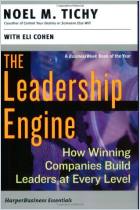





Comment on this summary or Démarrer une discussion